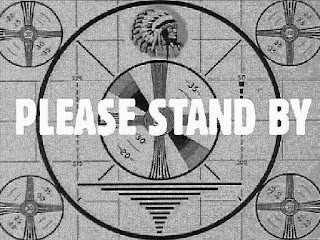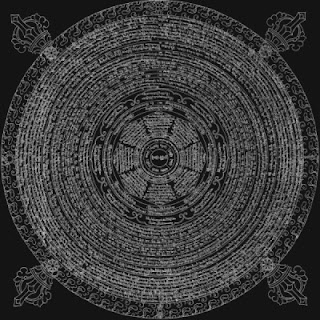>
I don’t know why you keep returning to this blog since I rarely update anylonger, but about 150 unique visits a day must mean something. Are you morbid?
I will try to awaken this site for real, but the time is not yet right. Hopefully I’ll be able to write at least a couple of articles every month if all goes as planned, but don’t expect that to happen in a near future, though. Everyday life tends to get in the way of everyday hate…
On December 5 2006 I wrote this in my very first post:
”You may come to hate me for what I write because it may challenge your mind and what you believe is true”.
Sounds like something out of the X-Files, but truth is, I’ve received quite a lot of strange anonymous e-mails from hateful sionist weaklings over the years. None of them ever cared for an open debate. That’s how they uphold their lies, by lurking in the shadows. Facts can never be anti-Semitic.
Anyway, just wanted to post this to let all you freaks who keep returning to this hollow shell know that my work here is not yet done.
I’m coming back. I will return. And I’ll possess your body and I’ll make you burn.
Now Lovecraft.
‘Those who love life do not read. Nor do they go to the movies, actually. No matter what might be said, access to the artistic universe is more or less entirely the preserve of those who are a little fed up with the world.’
Time and time again I praise this magnificent essay, Against the World, Against Life, written by Michel Houellebecq. However, it seems like it’s hard to get a hold of the Swedish translation. The essay is too good not to be read, so in order for you to worship I’ll at least give you the English copy in all its PDF glory. Enjoy!
Download here.
By the way, one possible anagram for ”The meaning of life” is ”The fine game of nil”.


















































